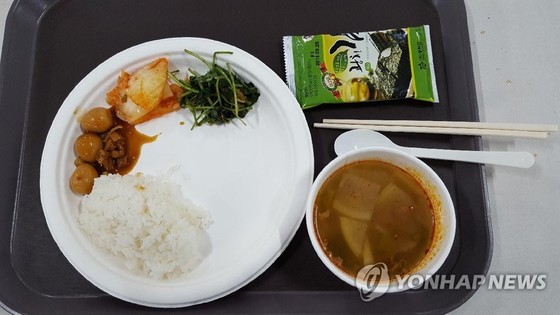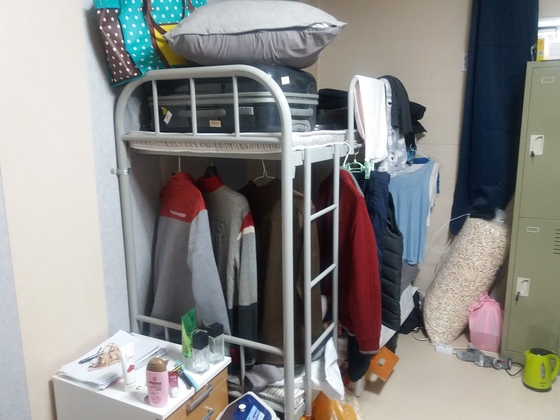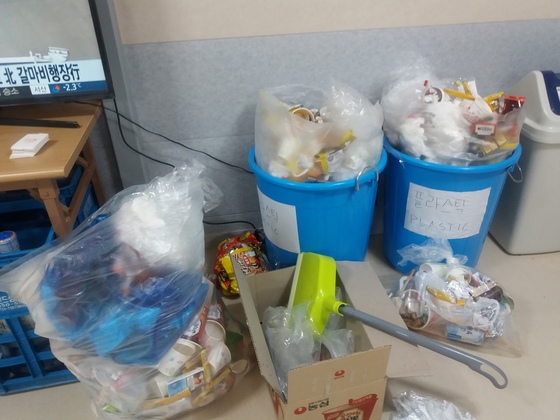“I don’t even ask for nice food. I just wish they gave us Kimchi everyday”, the driver said.

Transportation is one of the key factors to the PyeongChang Winter Olympics’ success. Especially the shuttle bus system is essential since it takes audiences, athletes, staffs, and reporters to the major Olympic venues from train stations and bus terminals.
This year, the PyeongChang Organizing Committee has decided to provide the free shuttle system with more than 2000 buses to minimize traffic inconvenience. Depending on the distance and location, the shuttle buses run from every 10 minutes to 2 hours nonstop for 24 hours.
A few days ago, I was able to have a conversation with one of the drivers while I was on my way to IBC (International Broadcast Center). During our conversation, he said, “I really want to give some help to the Olympics, which our country is hosting, but this (driving) is the only thing I’m good at. So I came all the way here. (laugh)”

After exchanging some conversation, I asked him, “I heard the Olympic volunteers are living in such poor conditions. Is it the same for you (drivers)?”
As soon as I asked him the question, his face all of a sudden turned stern. After hesitating for a moment, he said, “I also saw the news about the volunteers’ poor living conditions. We (shuttle bus drivers) are also living in similar conditions, but we can’t really speak up as we are getting paid and the young men who volunteered are not.”
Then, I couldn’t believe what I was hearing when he told me the rest of the story. He told me 4 drivers are sharing a small room where there are two bunk beds. Also, because the building is a temporary building, the sound proof system is awful, according to him. He said you can clearly hear people walking in the hallway and talking on the phone in the room next. When the drivers need good sleep, they often wake up because they can hear when other drivers get ready for either starting or finishing work.
He also told me that the management system is terrible in the building. He told me there was no single cleaning done since the building opened on the 25th last month. In the photos he took with his cellphone (above), you can see there are piles of garbage right next to the trash cans.
“Yes, it is pretty inconvenient to live there, but I understand the soundproof problem since it is a temporary building and they will tear it down after the Olympics. However, I just want them to at least clean regularly. Also, in terms of food, I don’t even ask for nice food. I just wish they gave us Kimchi everyday”, he said.

The real problem is that it is unclear “who” should resolve this issue. When the drivers contacted both the Olympic Committee and shuttle bus company, they both shifted the responsibility to each other.
While I was writing this article, I received a call from the driver. He told me, “our building was all cleaned up when I went back from work. I think things start to change when a reporter begins to cover a story! (laugh)”. I think these drivers’ stories and volunteers’ stories are equivalent. It is of course important to make success by cutting the cost, but shouldn’t they keep the ‘basic rules’?
Original article
Translated by Audrey Joung





